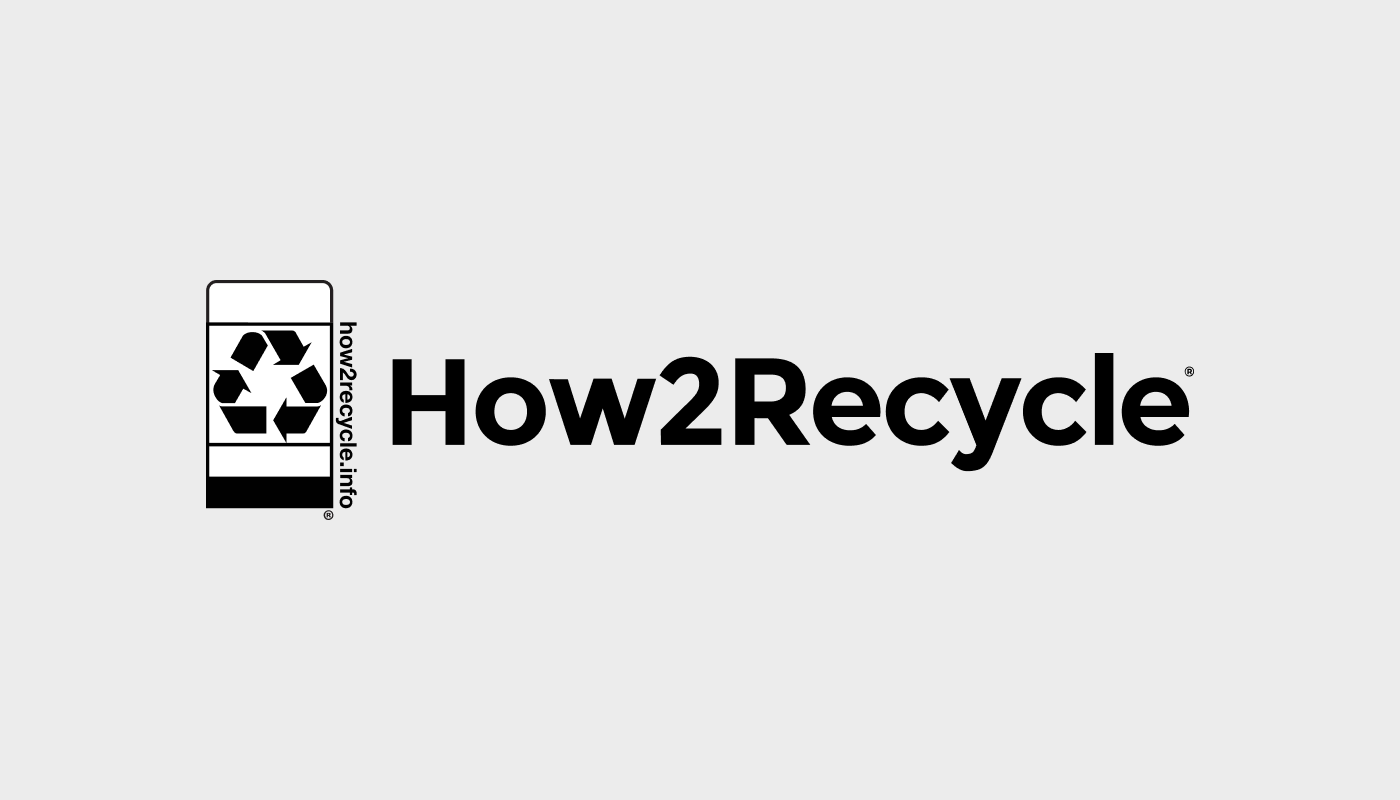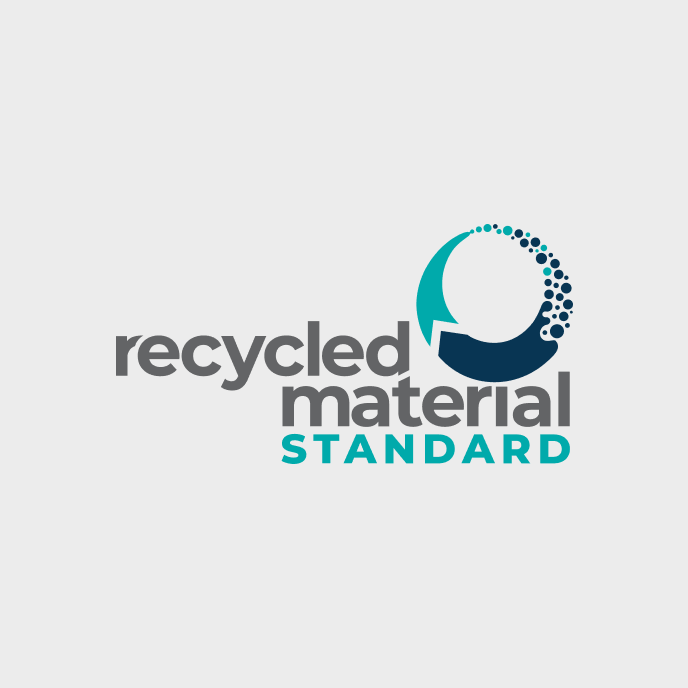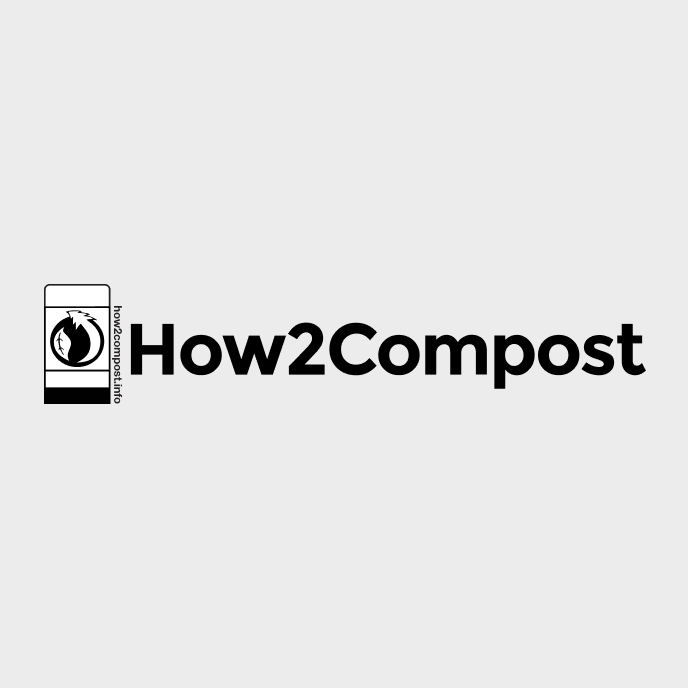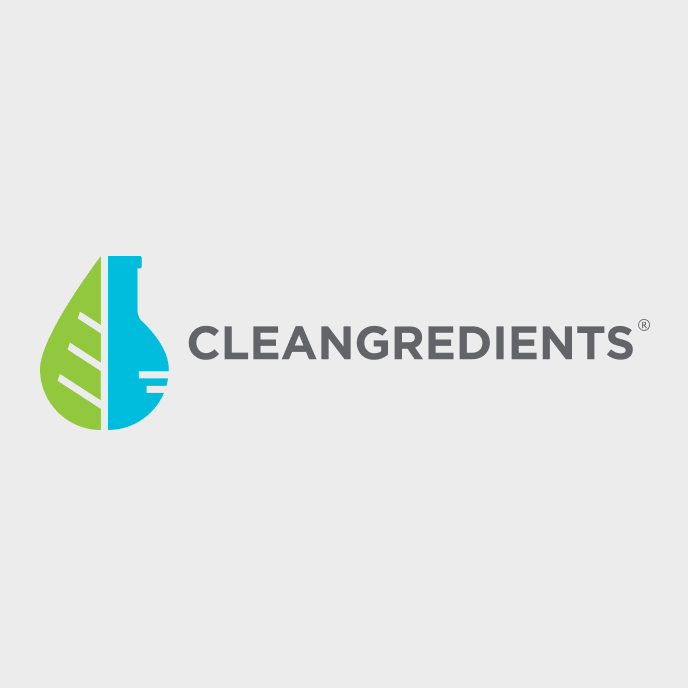
The Recycled Material Standard (RMS) has seen a rapid increase in certified participants and activity over the last few months. At the recent SPC Impact conference in Austin, TX, the RMS team highlighted new certification resources and RMS participants shared the stage to discuss their successes in leveraging different RMS tools.
Perspectives from Early Adopters
An overflowing room of attendees listened as Cherish Changala of Revolution Plastics, Richa Desai of Graham Packaging, and Martha Issa of Veritiv shared insights into their companies’ experiences with RMS. A panel discussion explored the three companies’ experiences as early adopters of strategic avenues to utilize the standard, including traditional recycled content claims supported by chain of custody, mass balance allocation, and Attributes of Recycled Content (ARC) trading.
Revolution was among the first companies to achieve RMS certification, and has used average content claims for certified post-consumer and post-industrial materials. While Revolution has been certified to other standards in the past, Changala said the company wanted to be an early adopter of the RMS because “it was so comprehensive. It’s a new way of looking at [certification].” She noted that certification is important to Revolution because it helps their customers feel confident in their products.
Graham Packaging is now working with newly-accredited certification body DNV Business Assurance USA to pursue certification for two facilities in York, Pennsylvania. Desai noted a few features of the RMS that have helped the process go smoothly. Graham was able to use the new RMS toolkit to ease the burden of preparing for certification, unlike other certification processes that required the assistance of a consultant. Compared to other standards, the opportunity for multi-site certification via RMS has also helped reduce the audit burden, so the company doesn’t have to audit every site every year.
Like Revolution, Graham sees the value in certifying both post-consumer and post-industrial materials. Desai noted that post-industrial materials can help customers with goals to reduce virgin plastic use, while maintaining quality and performance of packaging.
Graham is the first RMS participant to pursue the use of mass balance allocation. According to Desai, there are a few key advantages. First, mass balance gives Graham the flexibility to use materials processed through mechanical recycling and advanced recycling. Second, the company hopes to leverage non-food-grade PCR into food grade applications. Given the lack of supply of food grade PCR, especially for polyolefins, this flexibility will help Graham’s customers meet their recycled material use targets. Mass balance will also give Graham the flexibility to match its specific investments in use of recycled materials with its customers’ variable goals.
Desai pointed out that PCR cannot be incorporated into packaging overnight – it takes investment, infrastructure, testing, and more to incorporate PCR, especially in food grade applications. Graham’s customers have different goals and different willingness to pay for recycled materials, especially as new regulatory requirements are being put in place, so mass balance will enable Graham to meet those requirements while efficiently managing its inventory and capital investments. Desai sees mass balance as key to advancing the use of recycled materials: “We now have EPR as an instrument to drive investment in recycling [collection and sortation] infrastructure. I truly believe that we need mass balance to increase the amount of PCR in products.”
Meanwhile, as a distributor of packaging, Veritiv was excited about the ability to create a pipeline for recycled content without becoming certified directly through the RMS. When Issa first heard about ARCs, the new environmental commodity created by the RMS to support investments in recycling, she thought the idea was brilliant. “For me it was very easy to buy into the concept, because I had in mind that the end goal is to invest in infrastructure for more recycled content.” The bigger challenge was to explain the new concept to stakeholders within her company. Two of the main concerns they expressed were: how can you be sure that investments in ARCs are truly investments in recycling infrastructure, and how can you be sure that claims based on ARCs aren’t greenwashing? For Issa and her colleagues, the RMS was able to provide that assurance. Since every ARC is tied to materials reprocessed by a specific audited project that must meet additional criteria, Veritiv was assured that their investment was credible.
The RMS also gives guidelines on marketing claims so that ARC purchasers like Veritiv can avoid greenwashing. Ultimately, the holy grail is to have more post-consumer recycled plastic, and Issa sees investment in ARCs as a step on the path to get there: “This is not about offsetting or buying our way out. We need recycled content, there is not enough. This is a step forward to doing that.”
These companies’ experiences highlight the importance of the flexibility and adaptability of the RMS, even as it provides robust assurance of the validity of claims. By offering different pathways, RMS can assure validity of both post-consumer and post-industrial content claims, give companies the flexibility to meet their goals through mass balance accounting, and facilitate scalable investments in new recycling infrastructure through ARC trading. With the new resources that are now available to participants, these opportunities will become accessible to even more companies that are working to advance the use of recycled materials.
New Resources for Companies Considering Certification
Dr. Laura Thompson kicked off the first RMS session by introducing the RMS participant toolkit developed with the support of McDonald’s. The session helped companies considering certification think through the process, answering questions like:
- What key internal stakeholders need to be involved in the certification process?
- How might a company align their certification approach with their strategy?
- How should a company define the intended scope of their certificate, including covered sites, products, and types of claims?
- How can the scope of a certificate evolve and grow over time as companies and their supply chain partners make progress on their recycled material goals?
Thompson’s session also touched on some less obvious certification opportunities such as the ability to certify post-industrial scrap (and potentially track any post-consumer content that may be present) and use mass balance for all types of recycling – not just chemical – offering flexibility and simpler inventory management.
Beyond the toolkit, the RMS team has other resources for current and prospective participants, including one-page brochures suitable for sales trading and educating customers on the RMS and a brief video on the often-confusing topic of mass balance allocation.







